With another convention season wrapped, you may be suffering from a mild case of politics hangover. Or perhaps you're more engaged in the democratic process than ever. The conventions are costly—party officials say that each made-for-TV extravaganza had a price tag of nearly $120 million. Each side cut their gathering down to three days from the traditional four—Hurricane Isaac played a role in that scheduling decision for the RNC, but the DNC was planned for that length. Could two day conventions be next? Youth Radio has fielded teams of young reporters at the conventions since 1996. GOOD caught up with two from their team, Sayre Quevedo (19), who reported on the DNC from Charlotte and Robyn Gee (26), who produced and reported on the RNC from Tampa, to talk about the relative worth of these partisan stage shows.
GOOD: What did you find most valuable about the convention?
SAYRE QUEVEDO: The most valuable parts of the DNC for me were actually outside of the activities of the convention center or the stage at the arena. Walking around the city; talking to locals taking advantage of the convention buzz by working short-term jobs; interviewing delegates from different areas about their opinions on the youth vote and gun control—why it’s not being openly addressed—and watching the protests. Those were the moments where I felt I was getting genuine opinions that were distinct from prepared talking points, which I really appreciated.
GOOD: Did you find attendees and delegates discussing political issues in a substantive way or was it really just a big party?
ROBYN GEE: I saw both things happen at the Republican convention in Tampa. In the convention hall, I heard one repetitive message about jobs and the economy. People were determined to say that job creation was the only thing that mattered. I observed a board meeting of young Republicans in Florida, and one young woman said that social issues mattered to her, but she was only voting on fiscal issues in this election. The social issues seem to be what divides the Republican party, so it seemed like she preferred to stay away from them, and stick to the party’s narrative.
But I also spoke with a 20-year-old page at the RNC who told me how she thinks social and fiscal issues overlap. She had thought deeply about how her moral beliefs influenced her policy beliefs.
And my colleagues who went to Charlotte said they met delegates who were attending Occupy protests just to get a fuller picture of what people are buzzing about. These seemed like meaningful political conversations.
GOOD: How did local residents seem to regard the convention?
GEE: In Tampa, residents and business owners seemed split. We ate at one restaurant with a big cut-out statue of Mitt Romney wearing a t-shirt saying, “Bend over Tampa, the RNC is coming.”
But in another part of town, restaurant owners were coming out of their shops shouting, “Welcome Republicans! We’re open late!” In general, it seemed like residents were steering clear of downtown Tampa during the convention. Our whole visit, we were only stuck in traffic once.
One group of people very affected by the convention were those who sell street newspapers to make a living. We talked with one young mother selling newspapers on the side of the highway while her kids did their homework. She said that the city had kicked them out of downtown during the convention. They were staying in a motel at $120 per night, trying to make that rent on the side of the road.
QUEVEDO: Many of the locals I interviewed were temporary entrepreneurs selling puppets, pins, t-shirts, and towels, taking advantage of the large crowds and money being thrown around by visitors. I don’t know if they necessarily enjoyed the event being there or not, but they seemed like they were making the best of it. The others I spoke to seemed excited to have a big event like this happening in Charlotte, though I’m sure some were not happy with the closed routes and crowded streets.
GOOD: How is the value of the convention different for people who attend versus those who watch on TV?
GEE: Young people I talked to at the RNC who were participating in the political process for the first time were very enthusiastic. They were excited for the chance to see and hear their political celebrities in person.
There are also endless side events that happen in and around the convention that are not televised. We went to a panel for conservative women, youth vote panels, youth council meetings, Rock the Vote concerts, and even a lounge where people could talk politics while getting massages and facials.
GOOD: So why are these conventions worthy of such saturation media coverage?
QUEVEDO: I think if you’re interested in politics and want to learn more about a party’s platform, then this kind of media coverage is more effective than campaign ads, especially if you watch more than the headliners. But I think the value of the media at these events comes down to how people utilize the coverage. It’s probably most valuable if voters are following both conventions closely, understanding the platforms and hearing arguments from both parties, and then doing the research themselves.
Images courtesy of Youth Radio















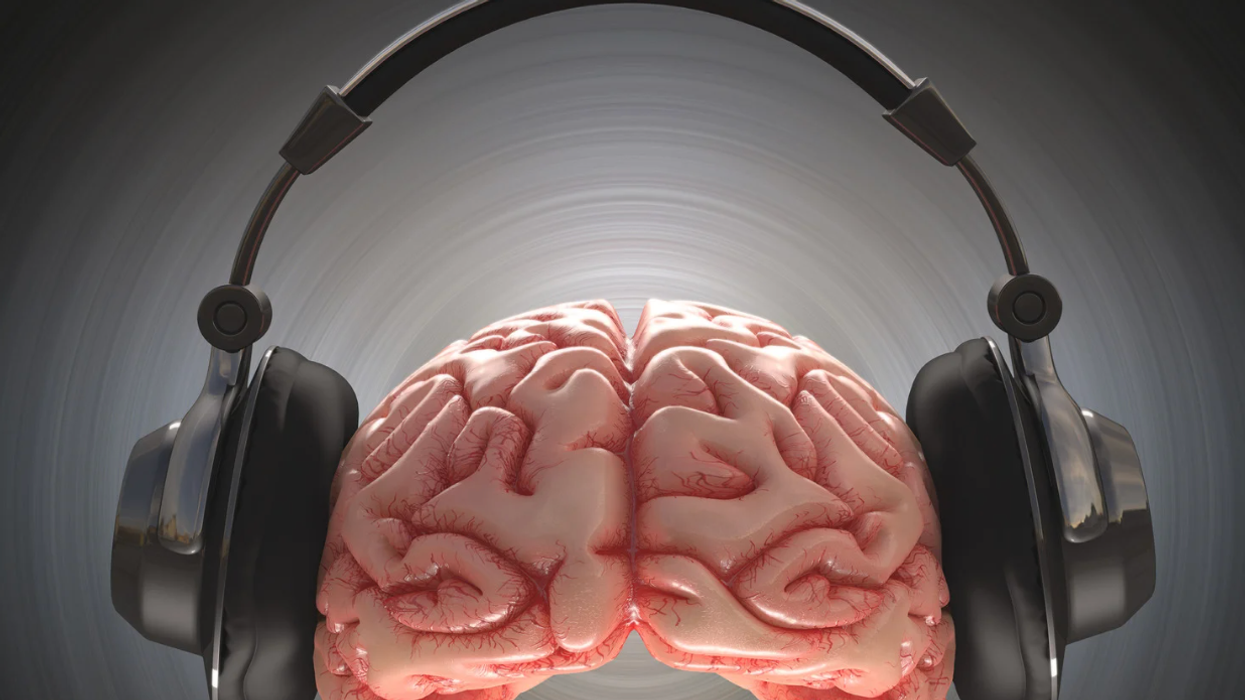
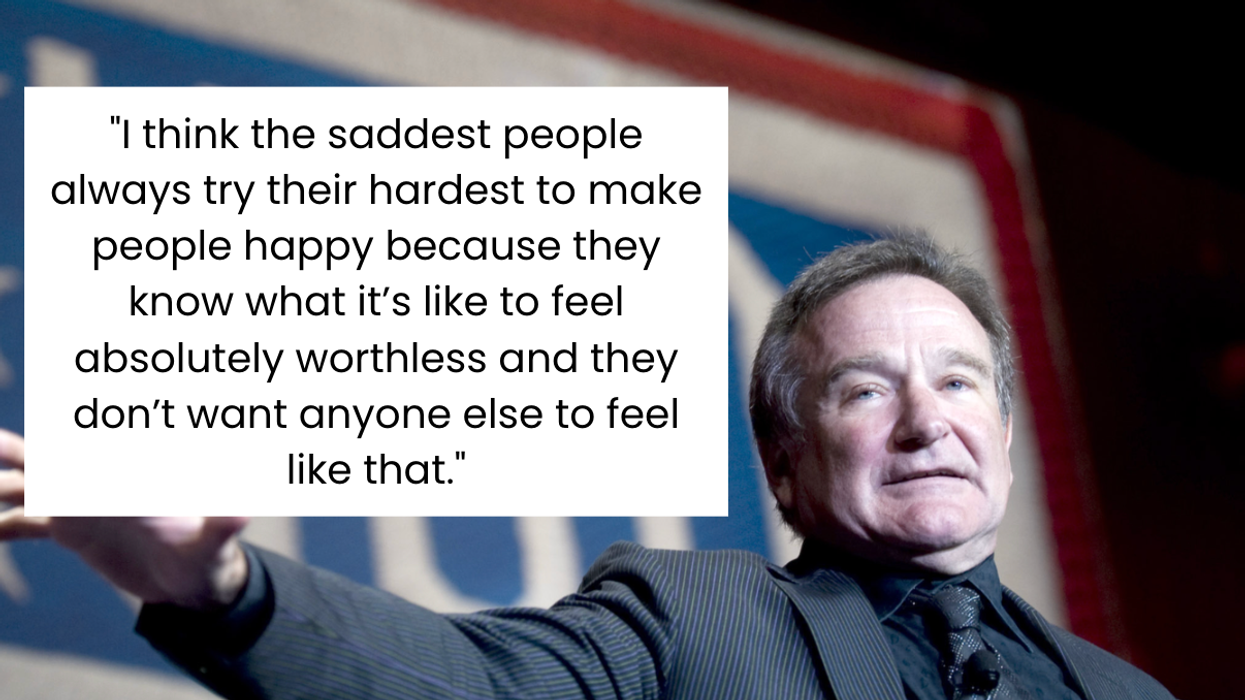
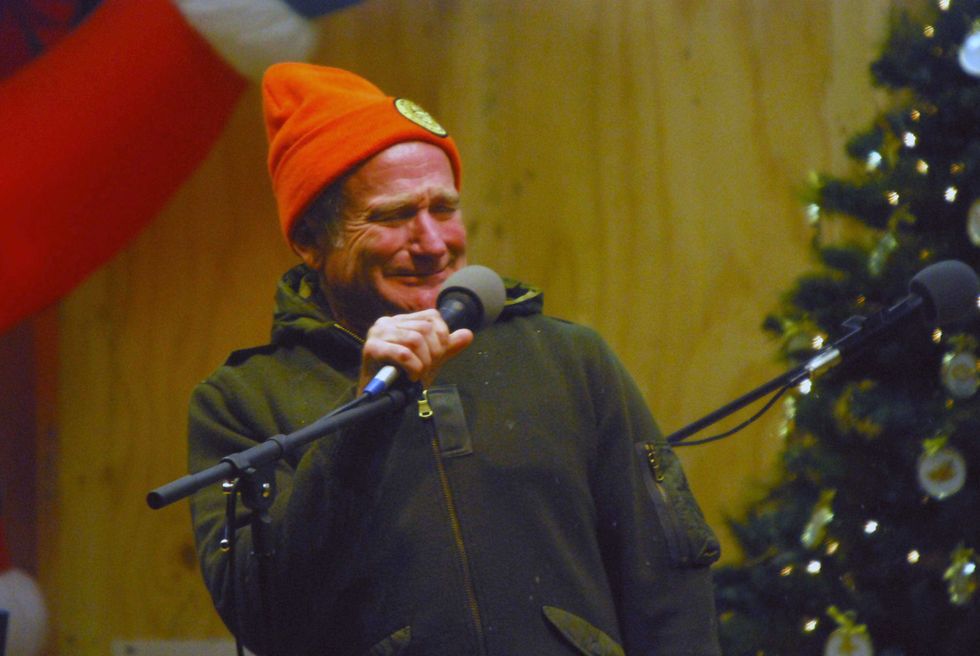 Robin Williams performs for military men and women as part of a United Service Organization (USO) show on board Camp Phoenix in December 2007
Robin Williams performs for military men and women as part of a United Service Organization (USO) show on board Camp Phoenix in December 2007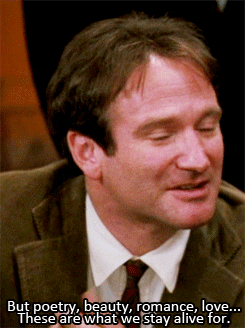 Gif of Robin Williams via
Gif of Robin Williams via 
 People on a beautiful hike.Photo credit:
People on a beautiful hike.Photo credit:  A healthy senior couple.Photo credit:
A healthy senior couple.Photo credit: 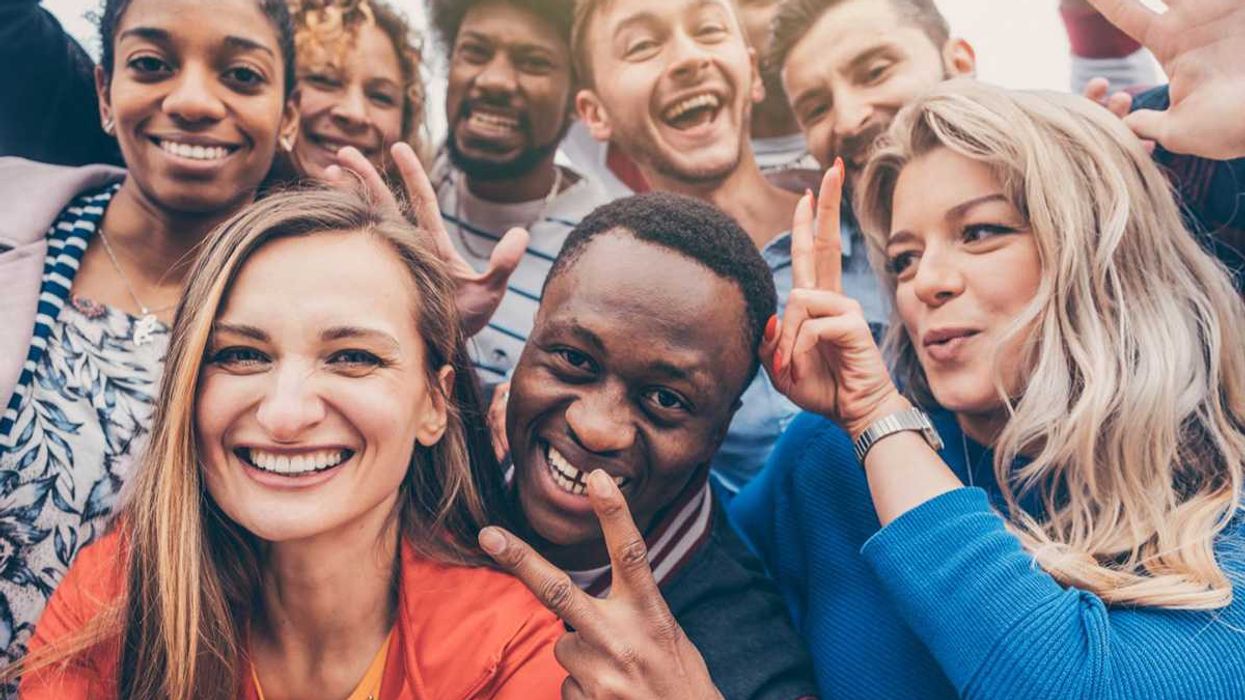 A diverse group of friends together.Photo credit:
A diverse group of friends together.Photo credit:  A doctor connects with a young boy.
A doctor connects with a young boy.  Self talk in front of the mirror.Photo credit:
Self talk in front of the mirror.Photo credit: 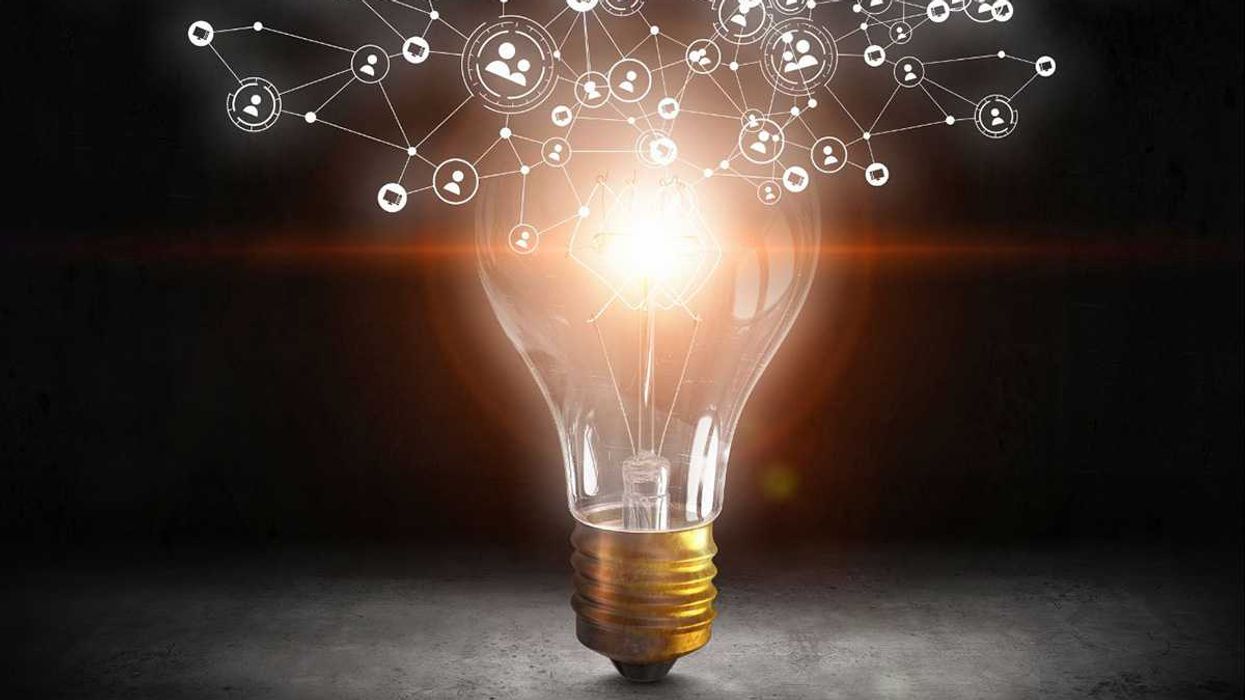 Lightbulb of ideas.Photo credit
Lightbulb of ideas.Photo credit 
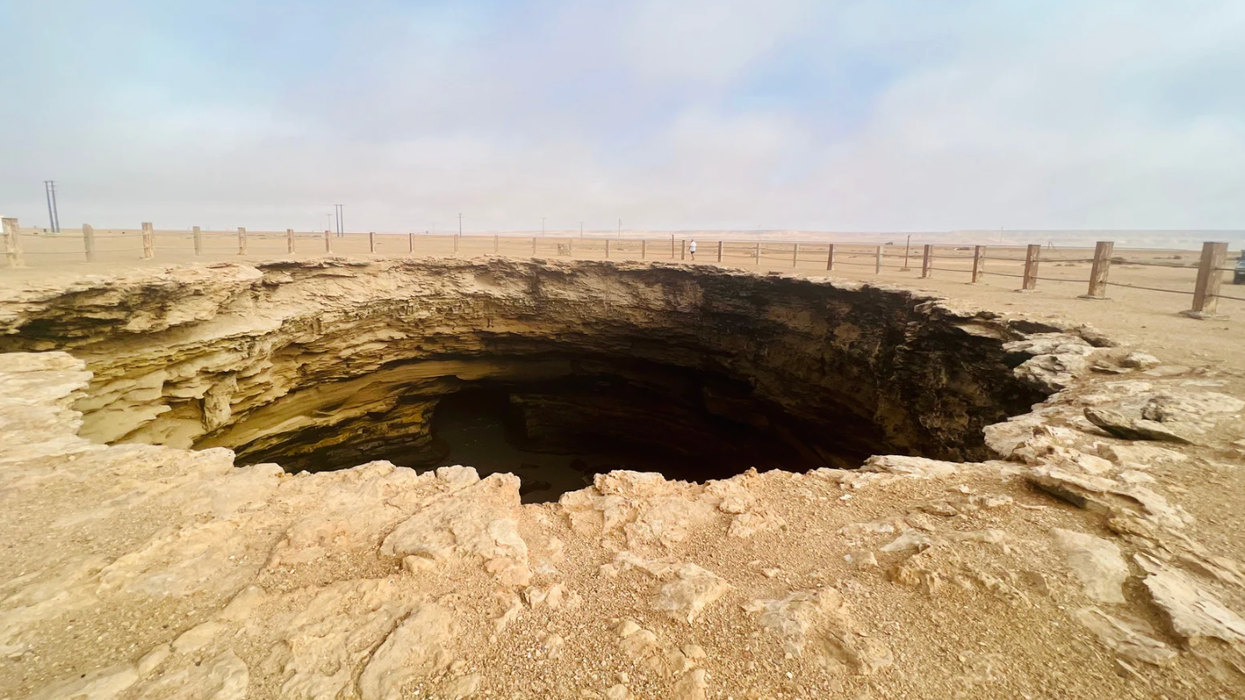
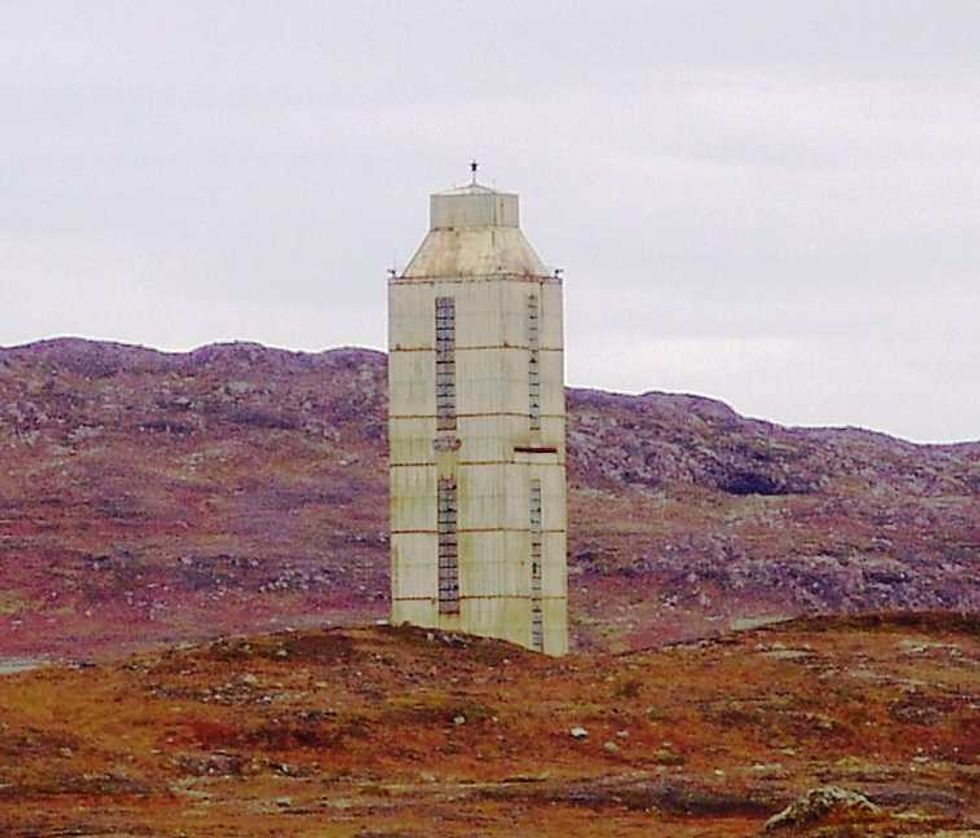 Superstructure of the Kola Superdeep Borehole, 2007
Superstructure of the Kola Superdeep Borehole, 2007 

